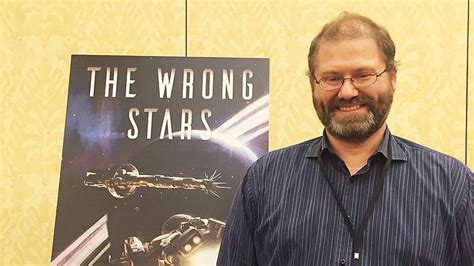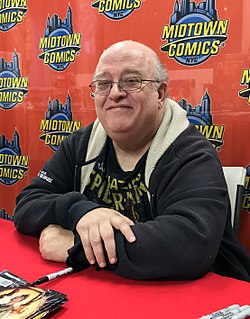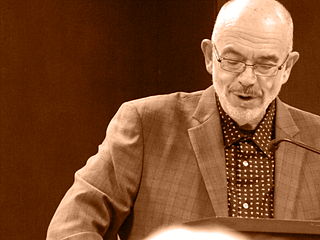A Quote by John Irving
My first attraction to writing novels was the plot, that almost extinct animal. Those novels I read which made me want to be a novelist were long, always plotted, novels - not just Victorian novels, but also those of my New England ancestors: Herman Melville and Nathaniel Hawthorne.
Related Quotes
In Pakistan, many of the young people read novels because in the novels, not just my novels but the novels of many other Pakistani writers, they encounter ideas, notions, ways of thinking about the world, thinking about their society that are different. And fiction functions in a countercultural way as it does in America and certainly as it did in the, you know, '60s.
Total oblivion is the fate of almost everything in this world. I'm very likely to suffer that same fate; my work will probably not be remembered, and if any of it is, if any of those novels is fated to be one of those novels that is still being read 50 or 100 years after it was written, I've probably already written it.







































